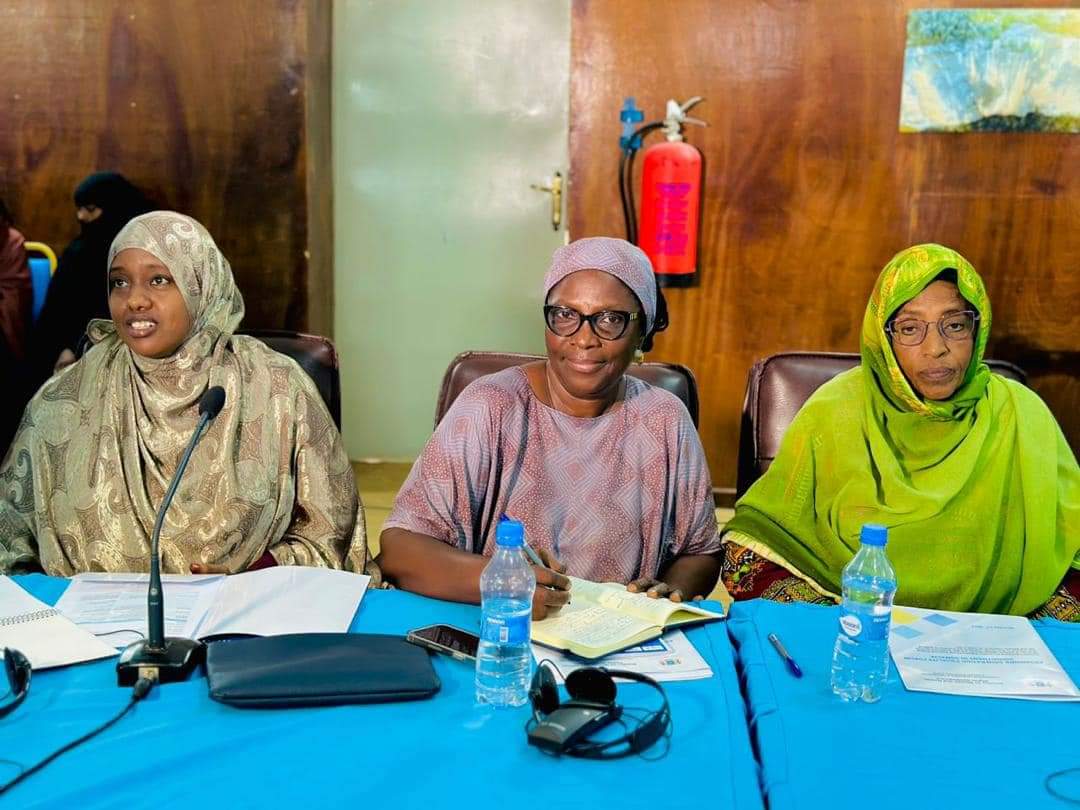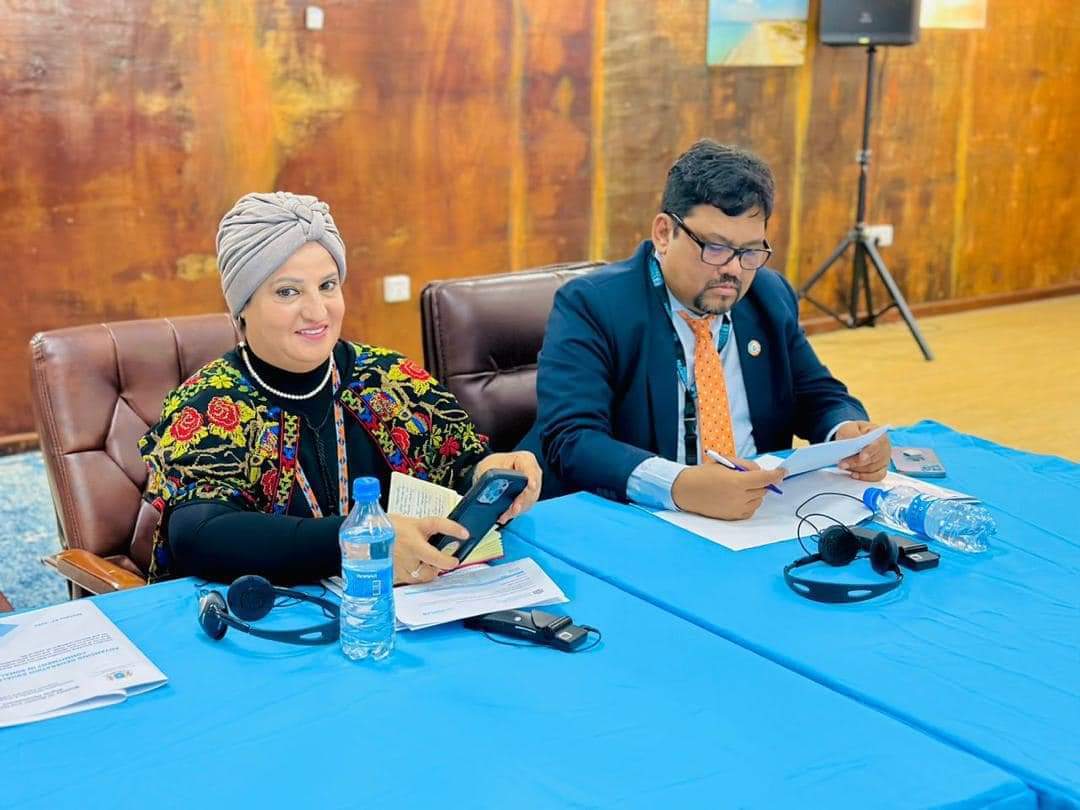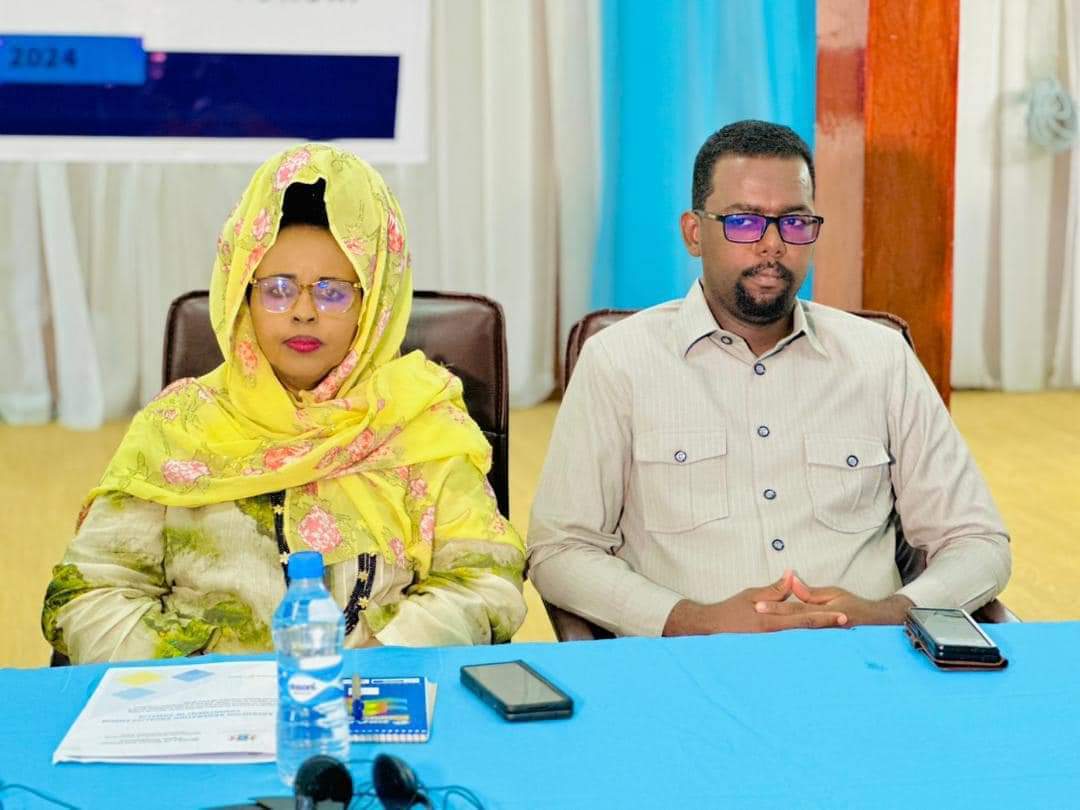Advancing Generation Equality Forum Commitment in Somalia
Date:
Somalia marked a significant milestone in its commitment to advancing gender equality with the launch of the Somalia Generation Equality Forum. This event was organized by the Ministry of Women and Human Rights Development of the Federal Republic of Somalia with the support of UN Women. It brought together high-ranking government officials, civil society members, international partners, and various stakeholders committed to advancing gender equality and women's rights in Somalia. UNSOM and UNDP, representing the UN agencies, expressed their deep appreciation for the event and reinforced their unwavering commitment to advancing gender equality at all times. Their dedication to this cause is a testament to the importance of gender parity in achieving sustainable development and peace.
The Somalia Generation Equality Forum aimed at addressing critical issues such as gender-based violence, women's economic empowerment, and access to education and healthcare. This forum aimed to create a comprehensive roadmap for implementing effective policies and programs that support gender equality, drawing on global best practices and local innovations.

Director-General of the Ministry of Women and Human Rights Development, Isaaq Hashi, emphasized the significance of the forum in Somalia's journey towards gender equality. He highlighted the collaborative efforts of the government, civil society, and international partners in addressing key issues such as gender-based violence and economic disparities.
“This event marks a significant milestone in our journey towards gender equality, reflecting our commitment to addressing the unique challenges faced by Somali women,” Mr. Hashi said.
One of the goals of the event was to advocate for the protection of women’s rights including enactment of the Rape, Indecency and Related Offences Bill, which addresses the urgent need for comprehensive legislation in Somalia to protect individuals from sexual offenses, and ensure justice for survivors. Sexual offenses are pervasive and deeply rooted in gender inequality, affecting people of all ages, genders, and backgrounds. Existing legal frameworks often fail to address the complexity of these offenses, leading to impunity and further victimization. The Rape and Indecency Bill represents a vital step toward addressing these issues in Somalia.
“The Generation Equality Forum holds great significance for Somali women, providing a global platform to address and advance women’s rights and equality. It allows us to shed light on the unique challenges faced by Somali women, such as gender-based violence, limited access to education, and economic disparities,” said Dr. Syed Sadiq, Head of UN Women Somalia.

Minister of Health, Hon. Maryam Husein highlighted the critical role of providing equal opportunities for Somali girls in education, politics, and the economy. She announced the resumption of free medical services for women at Banadir Hospital, aiming to improve overall well-being and access to quality healthcare.
Somali parliamentarians in attendance emphasized the necessity of establishing a platform dedicated to promoting women's rights and equality. They committed to advancing legislation that protects the rights of women and children.

Acting Minister of Women and Human Rights Development, Hon. Amina Hassan, reiterated the ministry's commitment to promoting women's equality. She emphasized the need to acknowledge and address the multifaceted challenges women face, striving for generational equality and ensuring progress for future generations.
The forum equipped participants with the knowledge and strategies necessary for localizing commitments and translating the international gender equality agenda to national and local spheres.